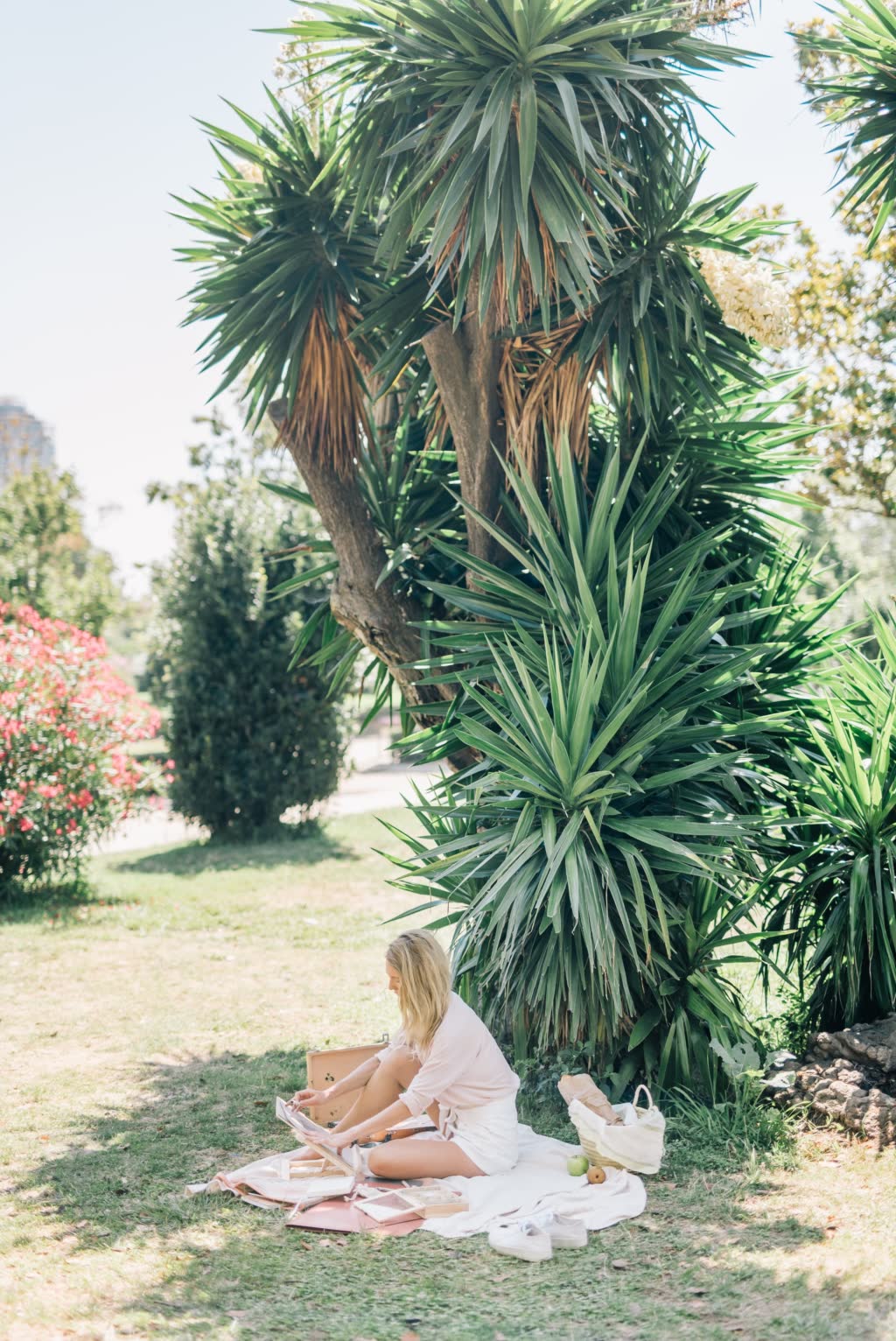
Growing yuccas is incredibly easy to do. They require very little maintenance and are being used increasingly in contemporary gardens. However, if you prefer a more traditional garden, don't be concerned; there is always a place for yuccas. This article should help you with how to grow yuccas better.
Yucca elephantipes is a commonly grown yucca and is also known as either the spineless or soft tipped yucca. This article will focus mostly around this variety, but most details will apply to most yuccas.
What Climate is best when growing yuccas?
Yuccas can tolerate quite cold conditions; sometimes as low as -10 degrees celsius. More commonly though, they do prefer hot and dry conditions.
They do not like a lot of water, so if you live in an area that is usually subjected to high rainfall, then you will need to plan how to minimise the impact of this on the plant. High humidity can promote fungal disease and wet roots and lead to root rot.
What soil do yuccas prefer?
Yuccas need a fast draining soil. This is necessary in order to minimise the risk of root rot. Therefore, if your soil is clay, you will need to break up the clay into a more friable soil. Sandy soils work well with yuccas.

Do yuccas require fertilizing?
When growing yuccas, fertilize them rarely. But when you do fertilize, utilise a diluted potassium rich fertilizer. It is unlikely that it will be necessary to fertilize more than once or twice a year - their natural environment is quite sandy and low in nutrients.
What pests and diseases affect yuccas
Snails and slugs may attack new growth, but generally, yuccas do not suffer much from many pests. In addition to this, fungal diseases such as rust and mildew can affect yuccas, but are typically uncommon. Fungal diseases should be treated using an organic fungicide - see here for some organic fungicide recipes. Also, due to the structure of the leaves, most pests can be easily washed off with soapy water.

How to care for yuccas
Prune your yuccas to size and shape as required. But, ensure that you do not throw out the prunings. Yucca cuttings are very easy to propagate and can save much money when it comes to the purchase of new plants.
If you live in a cold region that is subject to frost, a layer of mulch can be used to minimise the impact on this on the roots of the yucca.
Recommended Videos
I am an educator and passionate gardener and traveler. Throughout my adult life, gardening has been my passion, therapy, drive and source of purpose. Even as a child I had an intrinsic interest in plants and a desire to understand what makes them grow.
I distinctly remember the moment this began - my family was on one of our regular road trips from Hervey Bay; Australia. We were driving past a field of sugar cane. Dad pulled the car over and we cut a couple of sugar cane stems and brought them home for a treat. To be honest, I didn’t really like the taste, but I did want to try and grow it; and that is exactly what I did. It was then that my fascination, interest and passion for gardening and understanding plants began.
Fast forward a few years and I studied biological sciences and began what would be a 36 year career as a Biology educator. From this, I don’t only love gardening, but I also love helping others learn about gardening. I am also always looking for new ways to develop my own gardening knowledge. I like to think I am truly a life-long learner.
Fundamental to my beliefs about education is that learning is often best done as a part of a community - learning from others, and helping others to learn. It is this type of community that I hope iCultivate will be for its members - a community of gardeners, keen to share their gardening knowledge and wanting to learn about new ways to garden - a community built on the love of gardening.











Get involved!
Comments